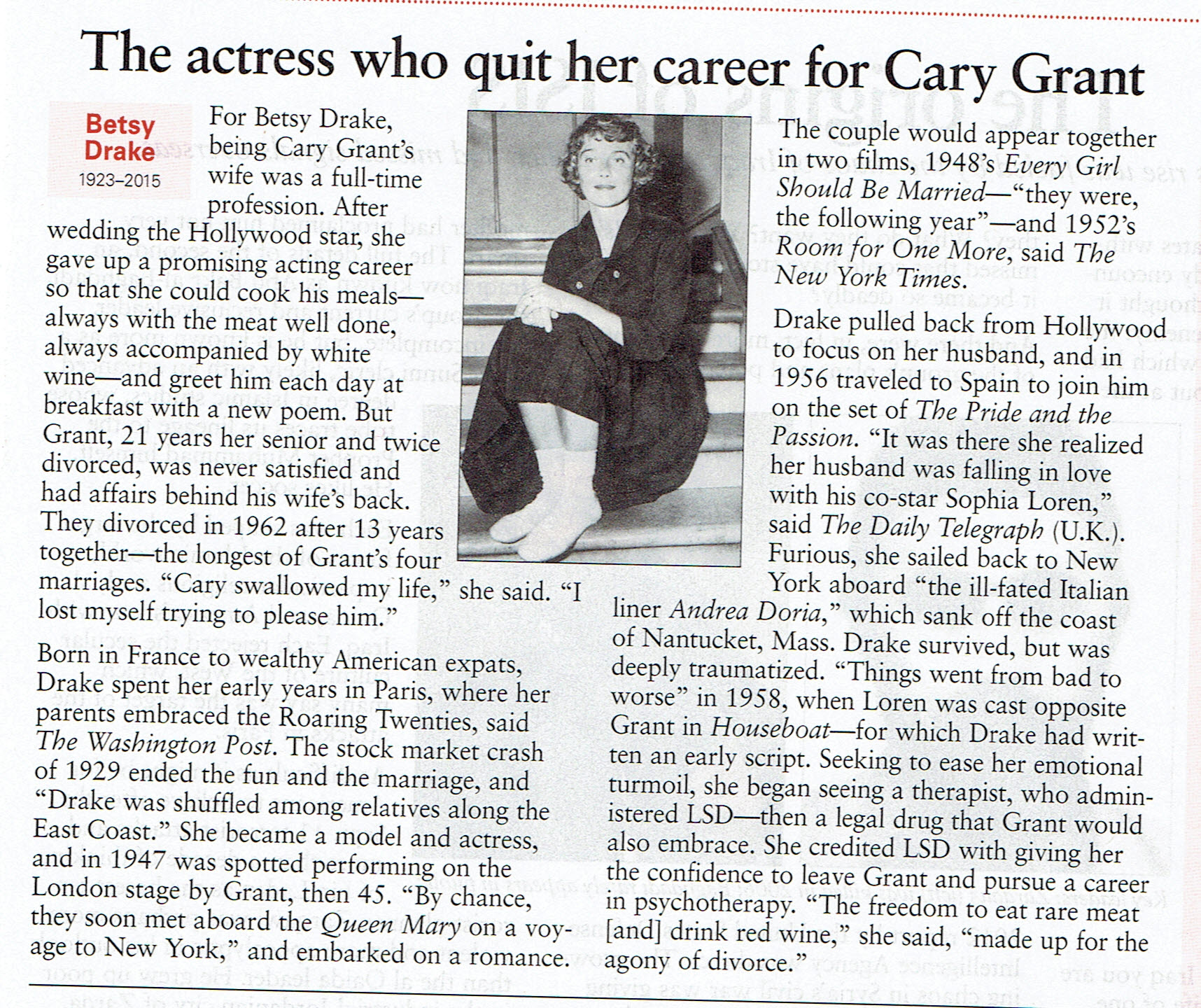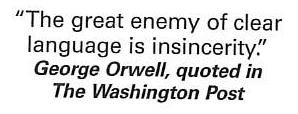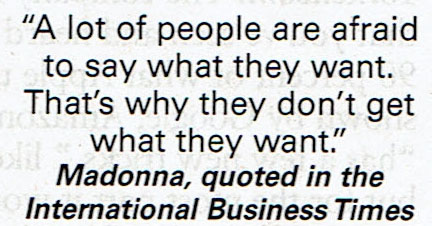“How to tick everyone off, while trying to be helpful and/or nice and/or safe”
One hallmark of a healthy environment inside or outside of a camp is “clean communication.” Learn the six faces of dirty communication, and how to avoid them. Critical information for all interpersonal relationships. Dr. Grayson created website.
They say the road to hell is paved with good intentions. Whether with romantic couples, families, co-counselors or the wider camp community, relationships often find themselves in a hell on earth when folks try to be helpful, nice, or safe without being upfront with the other person(s). Unfortunately, it happens at every camp and every coupled relationship I’ve ever known, primarily because “dirty communication” can be so sneaky.
One of the cornerstones of healthy relationships and camps is “clean communication.” While most people understand that they should speak to someone with whom they have a problem, that is only 1 of 6 ways to communicate cleanly (#5), and the courage and maturity to do so are not always present. For the former, educating people about the “Six Faces of Dirty Communication” provides an awareness and a language with which to move toward harmony and happiness. Camps that have implemented training around these points have noticed a huge difference in the health of the community.
Courage and maturity have much to do with the hiring process, which is another subject/book altogether. Beyond getting the right people through the door and into the camp family, the remaining keys to fostering clean communication rests with the written and unwritten rules – the culture of the camp. Fortunately, I have written a book specially about summer camp culture, and it is freely available at www.visionrealization.com. One important element of the camp culture is the reduction of fear. Fear is greatly reduced when mistakes are dealt with positively. “The Art and Science of Mistakes” is a free resource available on my website.



